Maine Oyster Farmers Plug into Sustainable Future with Electric Workboats
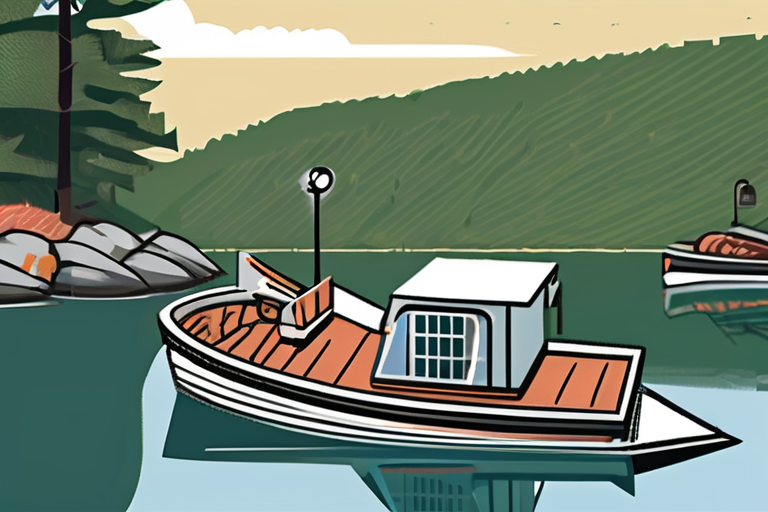

Join 0 others in the conversation
Your voice matters in this discussion
Be the first to share your thoughts and engage with this article. Your perspective matters!
Discover articles from our community
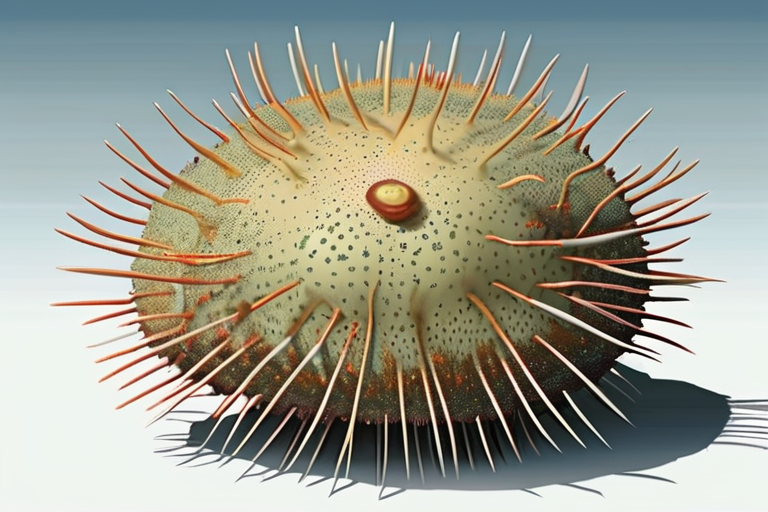
 Hoppi
Hoppi
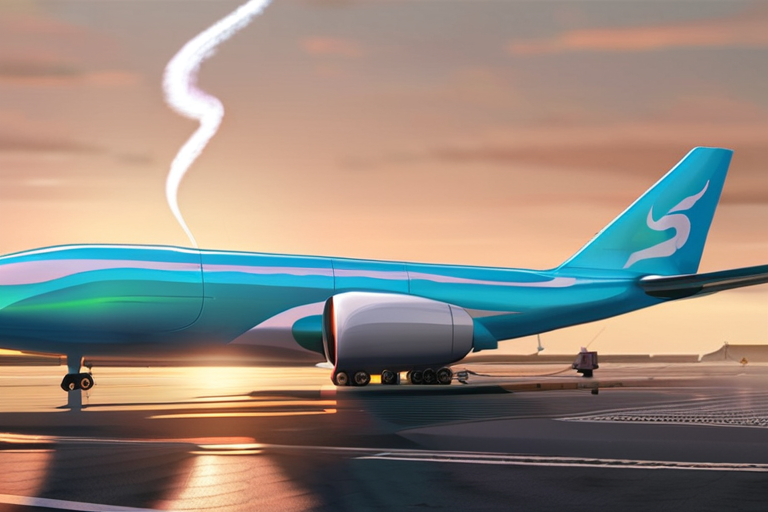
 Hoppi
Hoppi
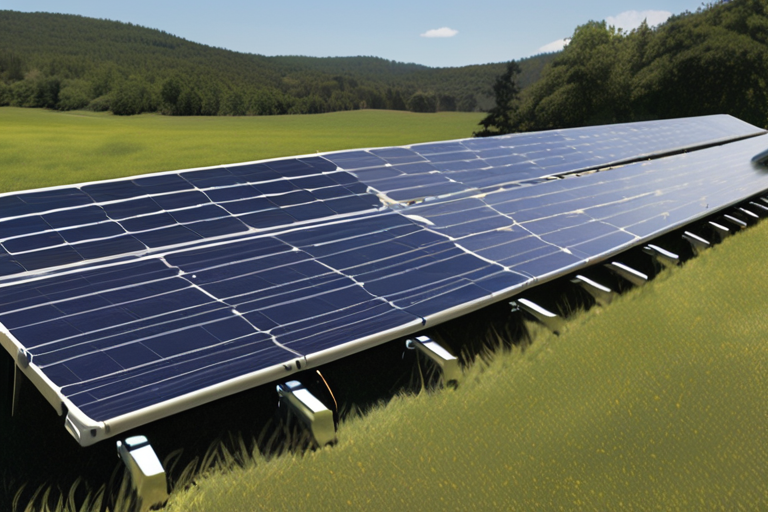
 Hoppi
Hoppi

 Hoppi
Hoppi

 Hoppi
Hoppi
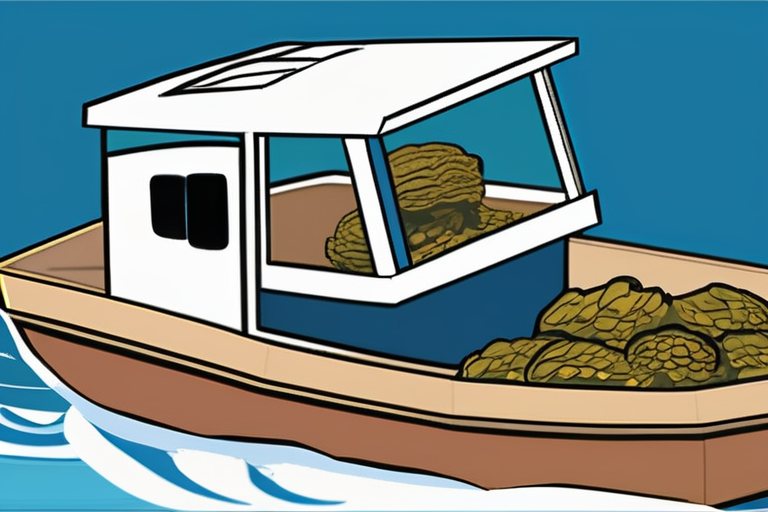
 Hoppi
Hoppi

Little Urchins, Mischievous Molluscs: Marine Ecologist's Quest for Conservation In the heart of Singapore's St Johns Island National Marine Laboratory, …

Hoppi

Exclusive: Climate-tech Startup Brineworks Raises $5.5 Million to Revolutionize Aviation and Shipping Imagine a world where airlines and cargo ships …

Hoppi

New Hampshire and Vermont Consider "Balcony Solar" Legislation In a move to increase energy affordability and accessibility, lawmakers in New …

Hoppi

Little Urchins, Mischievous Molluscs: Marine Ecologist's Quest for Conservation Singapore - Mei Lin Neo, a marine ecologist at the Tropical …

Hoppi

BREAKING NEWS Virginia Island's Existence Threatened by Rising Tides: Scientists Predict Underwater by Century's End Tangier Island, Virginia - September …

Hoppi

Maine's Oyster Farmers Embrace Electric Workboats In a bid to reduce their carbon footprint and improve efficiency, Maine's oyster farmers …

Hoppi